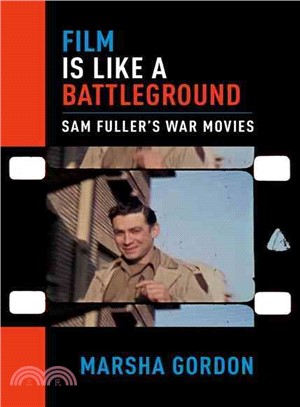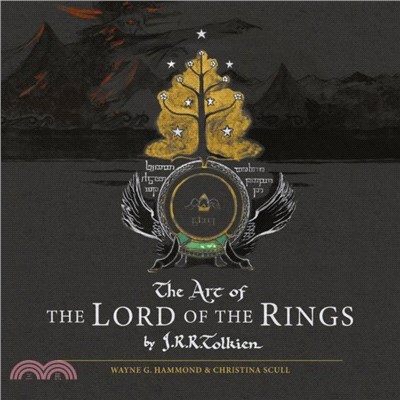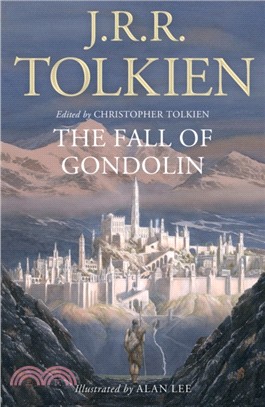Film Is Like a Battleground ─ Sam Fuller's War Movies
商品資訊
ISBN13:9780190269753
出版社:Oxford Univ Pr
作者:Marsha Gordon
出版日:2017/02/03
裝訂/頁數:平裝/304頁
規格:24.1cm*16.5cm*1.3cm (高/寬/厚)
定價
:NT$ 1672 元優惠價
:90 折 1505 元
無庫存,下單後進貨(到貨天數約30-45天)
下單可得紅利積點:45 點
商品簡介
作者簡介
相關商品
商品簡介
Film is Like a Battleground: Sam Fuller's War Movies is the first book to focus on the genre that best defined the American director's career: the war film. It draws on previously unexplored archival materials, such as Fuller's Federal Bureau of Investigation files and WWII-era 16mm films, to explore the director's lifelong interest in making challenging, thought-provoking, and often politically dangerous movies about war.
After establishing the roots of Fuller's cinematographic schooling in the trenches during World War II, including careful consideration of his 16mm footage of a Nazi camp at the end of that war, Film is Like a Battleground explores Fuller's first forays into hot war representation in Hollywood with the pioneering Korean conflict films The Steel Helmet (1951) and Fixed Bayonets (1951). This pair of films introduced Fuller to his first run-ins with the American political machine when they triggered both FBI and Department of Defense investigations into his political sympathies and affiliations. Fuller's cold war films Pickup on South Street (1953) and, though it veers into hot war territory, Hell and High Water (1954) are Fuller's responses to the political pressures he had now personally experienced and resented. A chapter on Fuller's representation of pre-American-invasion Vietnam in China Gate (1957) alongside his unrealized Vietnam war screenplay, The Rifle (ca. late 1960s), illustrates the degree to which Fuller's representation of war and nation shifted even as he continued to probe war's impossible contradictions.
Film is Like a Battleground would be incomplete without a thorough exploration of the films depicting the war Fuller personally experienced and spent a lifetime contemplating, WWII. Verboten! (1959), Merrill's Marauder's (1962), and The Big Red One (1980) demonstrate Fuller's representation of a morally justifiable war. Fuller's 1959 CBS television pilot--Dogface--offers a glimpse at one of Fuller's failed attempts to bring his WWII story into American living rooms. The book concludes with a chapter about a documentary film made late in the director's life that returns Fuller to the actual site of the Nazi's Falkenau camp, at which he discusses his experiences there and that powerful, unforgettable footage he shot in the spring of 1945.
After establishing the roots of Fuller's cinematographic schooling in the trenches during World War II, including careful consideration of his 16mm footage of a Nazi camp at the end of that war, Film is Like a Battleground explores Fuller's first forays into hot war representation in Hollywood with the pioneering Korean conflict films The Steel Helmet (1951) and Fixed Bayonets (1951). This pair of films introduced Fuller to his first run-ins with the American political machine when they triggered both FBI and Department of Defense investigations into his political sympathies and affiliations. Fuller's cold war films Pickup on South Street (1953) and, though it veers into hot war territory, Hell and High Water (1954) are Fuller's responses to the political pressures he had now personally experienced and resented. A chapter on Fuller's representation of pre-American-invasion Vietnam in China Gate (1957) alongside his unrealized Vietnam war screenplay, The Rifle (ca. late 1960s), illustrates the degree to which Fuller's representation of war and nation shifted even as he continued to probe war's impossible contradictions.
Film is Like a Battleground would be incomplete without a thorough exploration of the films depicting the war Fuller personally experienced and spent a lifetime contemplating, WWII. Verboten! (1959), Merrill's Marauder's (1962), and The Big Red One (1980) demonstrate Fuller's representation of a morally justifiable war. Fuller's 1959 CBS television pilot--Dogface--offers a glimpse at one of Fuller's failed attempts to bring his WWII story into American living rooms. The book concludes with a chapter about a documentary film made late in the director's life that returns Fuller to the actual site of the Nazi's Falkenau camp, at which he discusses his experiences there and that powerful, unforgettable footage he shot in the spring of 1945.
作者簡介
Dr. Marsha Gordon is Associate Professor of Film Studies at North Carolina State University. She is the author of Hollywood Ambitions: Celebrity in the Movie Age, co-editor of Learning with the Lights Off: A Reader in Educational Film in the United States, and the former co-editor of The Moving Image journal.
主題書展
更多
主題書展
更多書展今日66折
您曾經瀏覽過的商品
購物須知
外文書商品之書封,為出版社提供之樣本。實際出貨商品,以出版社所提供之現有版本為主。部份書籍,因出版社供應狀況特殊,匯率將依實際狀況做調整。
無庫存之商品,在您完成訂單程序之後,將以空運的方式為你下單調貨。為了縮短等待的時間,建議您將外文書與其他商品分開下單,以獲得最快的取貨速度,平均調貨時間為1~2個月。
為了保護您的權益,「三民網路書店」提供會員七日商品鑑賞期(收到商品為起始日)。
若要辦理退貨,請在商品鑑賞期內寄回,且商品必須是全新狀態與完整包裝(商品、附件、發票、隨貨贈品等)否則恕不接受退貨。
























